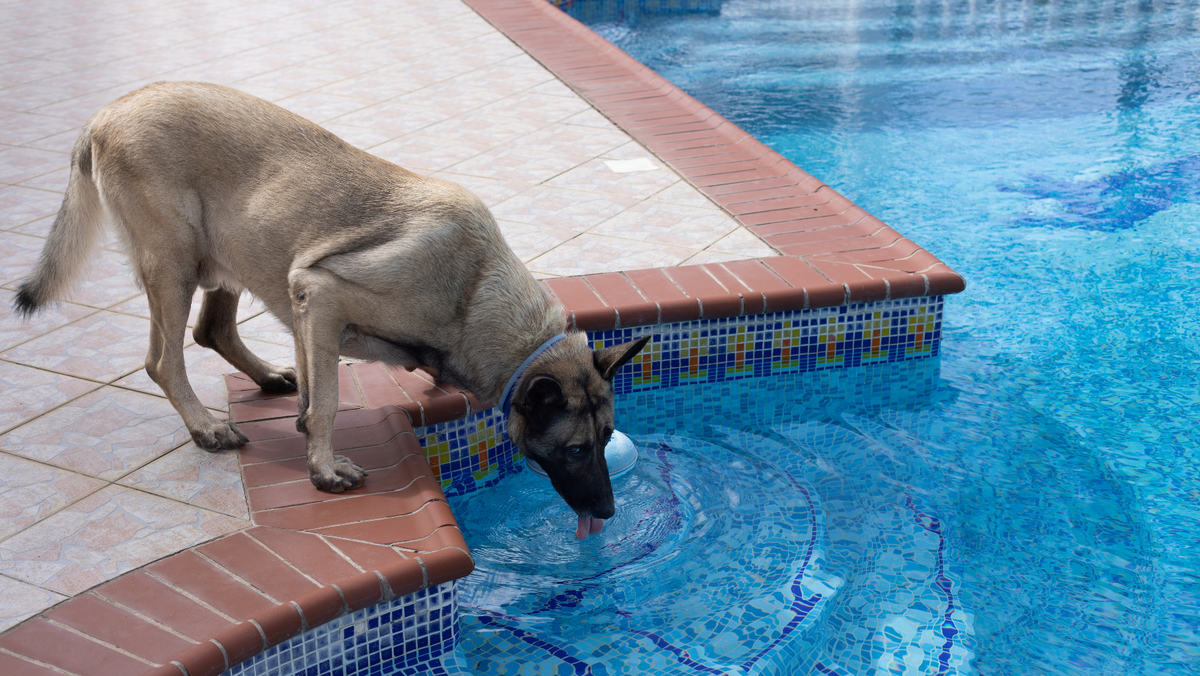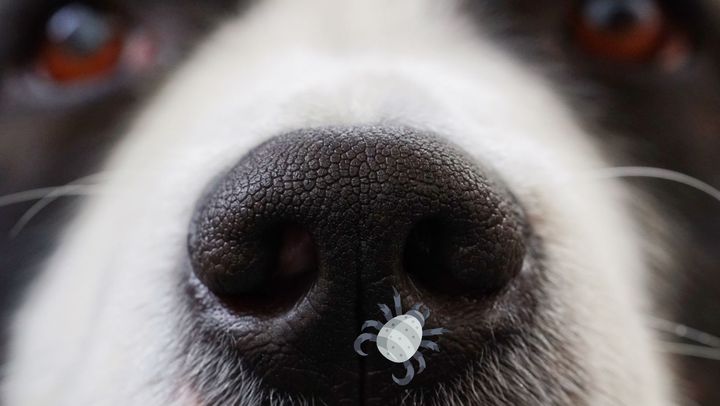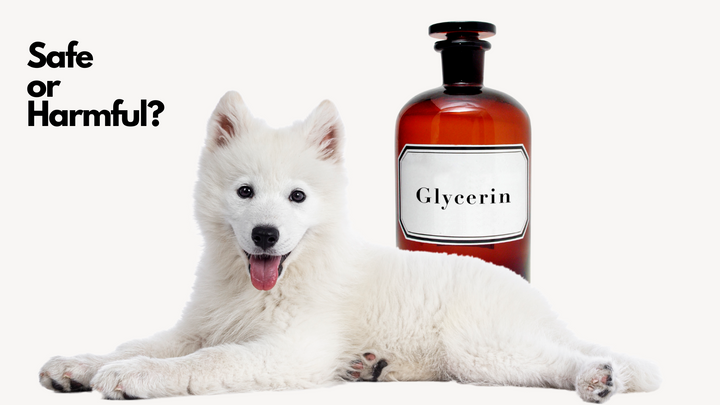What Happens if Dogs Drink Chlorine Water: Dangers & Precautions
Dive into our article to uncover the truth about dogs and chlorine water! Find out why it's important to be cautious when your pup gets a little too curious around the pool and learn simple ways to ensure their well-being. 💦

Our furry friends often exhibit an insatiable curiosity, and it's not uncommon for them to investigate everything, including the water in your backyard pool. But is chlorine water safe for dogs? As responsible pet owners, it's crucial to understand the potential risks associated with dogs drinking chlorine water.
In this article, we'll explore the toxicity of chlorine in dogs, the dangers of pool water consumption, how much chlorine water is safe for your pet, and essential guidelines to keep them happy and healthy.
Is Chlorine Toxic in Dogs?

Chlorine, a chemical commonly used to disinfect swimming pools, can be harmful to dogs if ingested in large amounts. Although small amounts of chlorine may not cause immediate harm, excessive consumption can lead to health issues. Dogs are more sensitive to chlorine than humans due to their smaller size and differences in metabolism.
Dangers of Pool Water Consumption
🔺 Gastrointestinal Upset: Drinking pool water can upset your dog's stomach, leading to vomiting, diarrhea, and discomfort.
🔺 Dehydration: Chlorine acts as a drying agent, potentially causing dehydration in dogs.
🔺 Chemical Burns: Excessive exposure to chlorine can irritate your dog's sensitive mouth, throat, and digestive system, resulting in chemical burns.
How Much Chlorine Water Can a Dog Drink?
It is best to prevent dogs from drinking chlorine water altogether. Encourage your pet to drink fresh, clean water and provide easy access to it during pool activities.
Precautions for Pool Time 💦
❶ Supervision: Always keep a close eye on your dog during pool time to prevent them from drinking pool water.
❷ Fresh Water: Ensure your dog has access to a bowl of fresh water nearby to quench their thirst.
❸ Pool Barriers: Install a pool fence or cover to limit your dog's access to the pool area when unsupervised.
❹ Rinse After Swimming: Rinse your dog with fresh water after swimming to remove any residual chlorine from their fur.
While small amounts of chlorine water may not pose an immediate danger, it's important to minimize your dog's exposure and prevent them from drinking pool water. Taking precautions, such as providing fresh water and supervising pool time, will help keep your furry friend safe and healthy. Remember, a happy and hydrated pup is a poolside companion for many summers to come!
Remember, whenever your dog exhibits any signs of distress or consumes a significant amount of chlorine water, consult your veterinarian for professional advice and guidance.
Stay vigilant and enjoy your pool time with your furry companion responsibly!
You may wanna read:






Comments ()